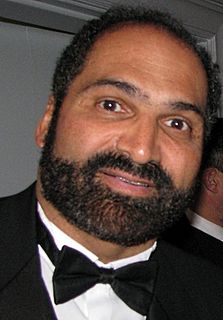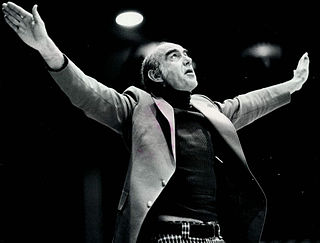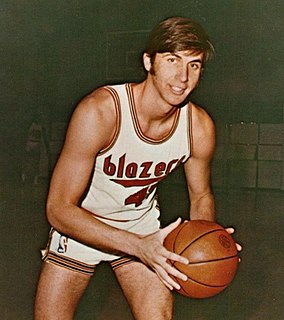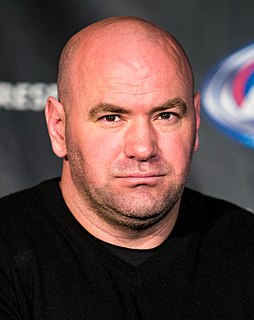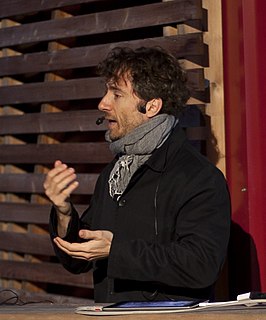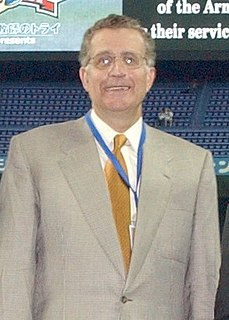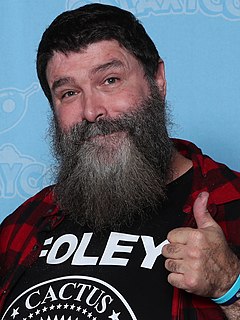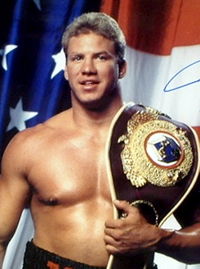A Quote by Franco Harris
Halfway through the decade, we realized that we had a great team and that we could do great things, and that we could probably have something here that we believed we had a chance to reach greatness.
Related Quotes
He believed that he must, that he could and would recover the good things, the happy things, the easy tranquil things of life. He had made mistakes, but he could overlook these. He had been a fool, but that could be forgiven. The time wasted--must be relinquished. What else could one do about it? Things were too complex, but they might be reduced to simplicity again. Recovery was possible.
I try to be a positive person, but I'm also always looking and wondering, 'Maybe this could be done differently.' As soon as your mind is in a critical mode, you're halfway through designing; as soon as you start thinking about whether something could be better, you're already halfway through a solution.
Jack believed in something—he believed in white witches and sleighs pulled by wolves, and in the world the trees obscured. He believed that there were better things in the woods. He believed in palaces of ice and hearts to match. Hazel had, too. Hazel had believed in woodsmen and magic shoes and swanskins and the easy magic of a compass. She had believed that because someone needing saving they were savable. She had believed in these things, but not anymore. And this is why she had to rescue Jack, even though he might not hear what she had to tell him.
I remember everyone telling me I had to think positive when I was writing my first book. If I believed I could do it, then I could! If I pictured myself published, then it was going to happen! Which sounded great, except...could I do it? If I didn't think I could, was I doomed to fail? What if I was almost totally sure I would fail? I am here to tell you-what matters is sticking with it.
Then I realized what separated us: what I thought about him could not reach him; it was psychology, the kind they write about in books. But his judgment went through me like a sword and questioned my very right to exist. And it was true, I had always realized it; I hadn't the right to exist. I had appeared by chance, I existed like a stone, a plant or a microbe. My life put out feelers towards small pleasures in every direction. Sometimes it sent out vague signals; at other times I felt nothing more than a harmless buzzing.
